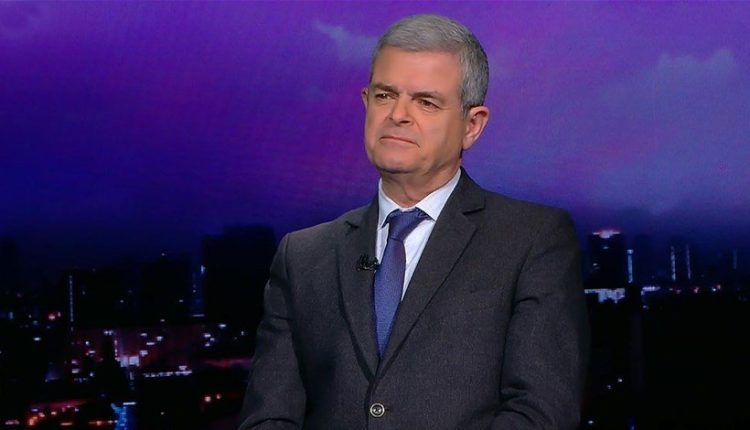Turkey-backed SNA, HTS Attack on Syrian Government Targets Iranian Influence – Researcher
QAMISHLI, Syria (North Press) – Political and strategic researcher Brigadier General Khalil Helou stated on Thursday that the recent offensive in Aleppo’s countryside, Northwest Syria, by Hayat Tahrir al-Sham (HTS, formerly al-Nusra Front) and the Turkish-backed Syrian National Army (SNA) is aimed at pressuring Syrian President Bashar Assad to curb Iranian influence in Syria.
Helou emphasized that the attack’s objectives include disrupting Iran’s weapons corridor to Hezbollah and signaling resistance to Tehran’s role in the region. In an exclusive statement to North Press, he described the offensive as “sudden and swift,” attributing its timing to multiple factors.
Key Factors Behind the Offensive
Helou identified three key factors influencing the timing of the attack:
- Ongoing Conflict: Hostilities between opposition factions and government forces have persisted, with no durable ceasefire in place.
- Failed Normalization Talks: Efforts to normalize relations between Turkey and Syria have stalled, exacerbating tensions.
- External Pressure: The U.S., Israel, and Arab countries are reportedly pressuring Damascus to limit Iranian influence and halt the transfer of weapons to Hezbollah via Syrian territory.
Helou suggested that these dynamics created an environment conducive to the Syrian opposition’s offensive, which serves as a coordinated message to Assad from various international and regional actors.
Turkey’s Role and Regional Implications
While Helou downplayed Turkey’s direct involvement, he acknowledged its indirect support for the SNA factions. “Turkey may not have initiated the attack, but it certainly did not prevent it,” he noted, adding that Ankara likely provided logistical support while benefiting from the operation’s outcomes.
The researcher also pointed to alignment between U.S. and Turkish interests in the region, as both seek to curb Iranian expansion without outright destabilizing the Syrian government.
He further commented on the potential weakening of Russian support for Syrian forces following the attack, which could limit the government’s ability to mount an effective counteroffensive.
Impact on Airpower and Military Dynamics
Helou highlighted that Russian air support, although present, has failed to deliver decisive results. Meanwhile, the Syrian Air Force’s capabilities remain significantly limited compared to Russian forces.
He remarked that while the offensive is damaging for government forces, it also exposes the opposition’s limitations in terms of personnel and equipment. “The opposition lacks the resources to expand further,” he said, cautioning against overestimating their gains.
Broader Strategic Context
The attack reflects a complex balance of interests among regional and international powers. According to Helou, neither the U.S., Turkey, nor Arab states seek to overthrow the Assad government outright, as it serves as a buffer against extremist groups and mitigates direct threats to neighboring countries.
HTS and the SNA launched their offensive earlier this week, capturing key locations and reportedly advancing within kilometers of Aleppo city. Despite these gains, Helou predicted that neither side could achieve a decisive victory, maintaining the stalemate in the region.

